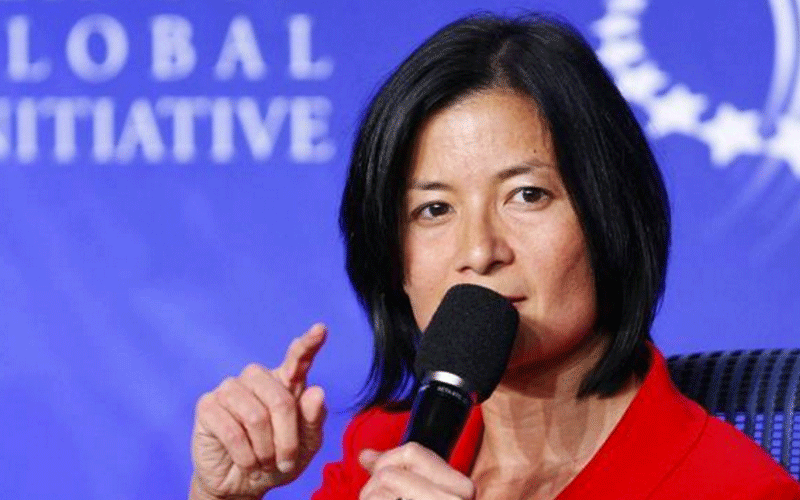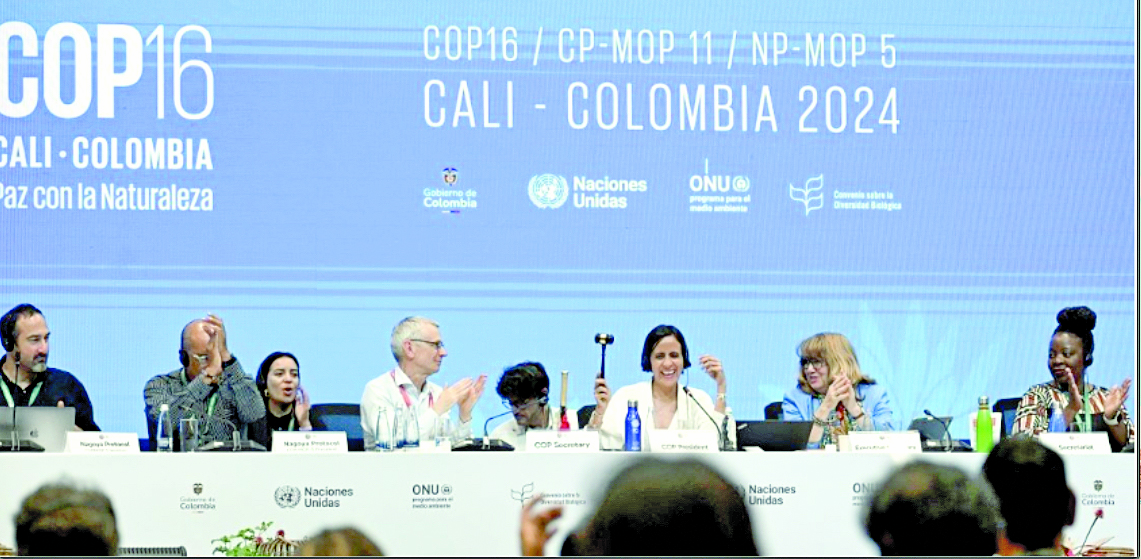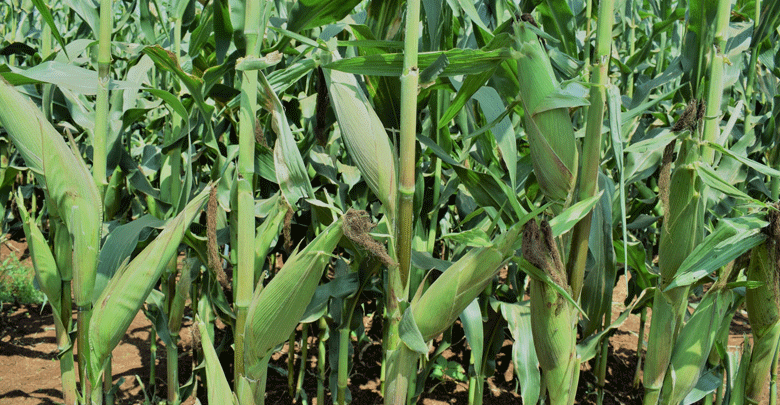Mastercard, AfDB donate Sh1.1b to fight locusts in East Africa

Mwangi Mumero
Mastercard Foundation and the African Development Bank (AfDB) have donated $ 11.5 million (Sh1.15 billion) to fight desert locusts in East Africa.
This comes at a time the Food and Agriculture Organisation (FAO) has raised the alarm over the anticipated second locust wave expected in the May-July period.
Mastermind Foundation has donated $10 million (Sh150 million) to assist FAO with early detection of locust swarms, ground and aerial spraying operations, and impact assessments that would promote a sustainable and responsible locust campaign.
It will focus on an area spanning 50,000 hectares across six affected countries: Djibouti, Eritrea, Ethiopia, Kenya, Somalia and Uganda.
“It’s clear that the Desert Locust infestation poses an unprecedented threat to the affected communities, and particularly to the economic livelihoods of smallholder farmers,” said Mastercard Foundation President and CEO, Reeta Roy.
On its part, the African Development Bank (AfDB) has approved a US$1.5 million (Sh1 billion) emergency relief grant to assist nine countries in the East and Horn of Africa on the control of swarms of desert locusts that are threatening livelihoods and food security.
The nine beneficiary countries are Djibouti, Eritrea, Ethiopia, Kenya, Somalia, South Sudan, Sudan, Uganda and Tanzania.
The Intergovernmental Authority on Development (IGAD) is collaborating with the FAO which is leading coordination of development partner support to provide desert locust invasion control, safeguard of livelihoods and to promote early recovery of affected households in the in the East and Horn of Africa.
According to FAO director general Dr QU Dongyu, there has been significant gains in the fight against desert locust upsurge in East Africa and Yemen.
“There is need for more vigilance to prevent a food security crisis as the ongoing rainy season not only provides livelihoods for farmers and pastoralists but also favourable conditions for locusts to breed,”said Dr Dongyu in a progress report released recently.











